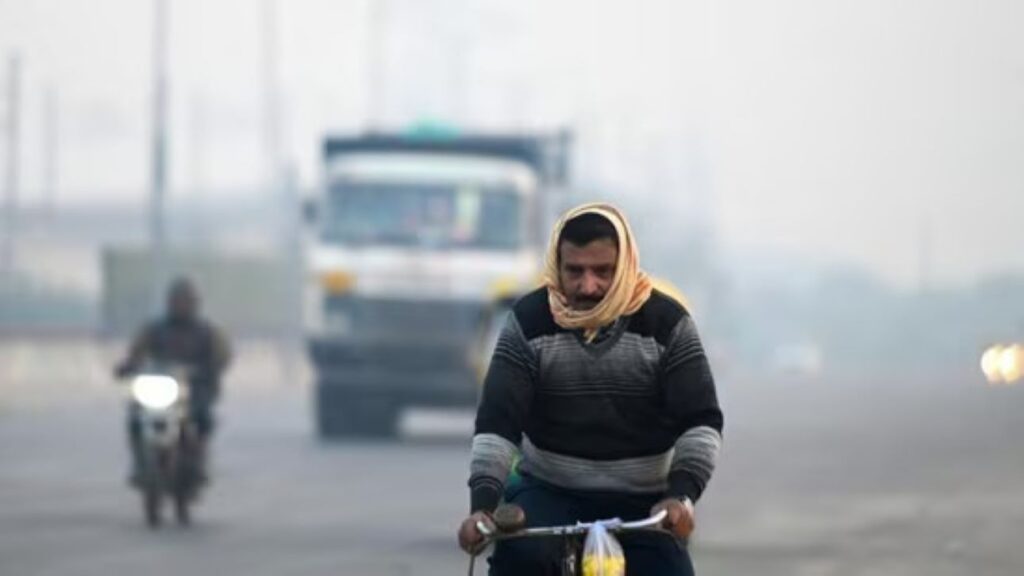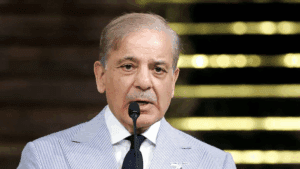Due to a rise in pollution levels, Delhi-NCR has enforced GRAP-3, which includes a ban on non-essential construction and stricter vehicle regulations.
The Centre’s air quality panel has activated the third phase of the Graded Response Action Plan (GRAP-3) in Delhi-NCR as the national capital faces a significant increase in pollution levels.
The authorities made the decision after the Air Quality Index (AQI) entered the ‘very poor’ category on Monday. Consequently, the city has implemented strict measures to reduce air pollution, including a total ban on non-essential construction and demolition activities.
The action comes as Delhi faces a cold wave, with the India Meteorological Department (IMD) reporting a minimum temperature of 4.5°C on Monday morning. In some areas, temperatures dropped even further, reaching 3.5°C in Pusa and 4.1°C in Ayanagar.
The mix of low temperatures and poor air quality has intensified the already severe pollution levels in the city.
What is GRAP 3
As per the GRAP-3 guidelines, authorities will implement several key restrictions. They will prohibit petrol vehicles that do not meet BS-III emission standards and diesel vehicles that do not adhere to BS-IV norms from entering Delhi and parts of the National Capital Region (NCR), including Gurugram, Ghaziabad, Faridabad, and Gautam Budh Nagar.
These steps aim to reduce vehicular emissions, which contribute significantly to pollution during the winter months.
Moreover, the construction ban applies to all non-essential projects, with exceptions granted for those related to national security, healthcare, and certain public infrastructure initiatives.
To further tackle the pollution, authorities have intensified efforts to control dust by using mechanized road-sweeping and water-sprinkling machines throughout the city.
Authorities will allow diesel generator sets, another major source of air pollution, only for emergency use during this phase.
The aim is to reduce the emission of particulate matter and other pollutants into the air, which can cause serious health issues, especially for vulnerable groups like children, the elderly, and individuals with respiratory conditions.
Also Read: Kharge Criticizes Sitharaman’s Actions in Rajya Sabha
Delhi’s cold wave
According to the Central Pollution Control Board, Delhi’s Air Quality Index (AQI) recorded 351 at 9 am. An AQI of 0 to 50 is deemed ‘good’, 51 to 100 ‘satisfactory’, 101 to 200 ‘moderate’, 201 to 300 ‘poor’, 301 to 400 ‘very poor’, and 401 to 500 ‘severe’.
The authorities have also forecast a slight improvement in the weather conditions, with the maximum temperature expected to rise to around 23°C.
However, the cold wave is expected to persist, which will make it harder for pollutants to disperse and lead to a continued deterioration of air quality.
Also Read: Zakir Hussain Dies at 73: Family Speaks Out and Discloses Cause of Death











More Stories
India’s Active Covid-19 Cases Rise Above 2,700; Delhi Records First Fatality
Pak PM: India Fired Brahmos Before Our Retaliation
देहरादून: सूर्यधार रोड पर भिड़ीं गाड़ियां, शख्स को कुचलने की कोशिश; 9 गिरफ्तार